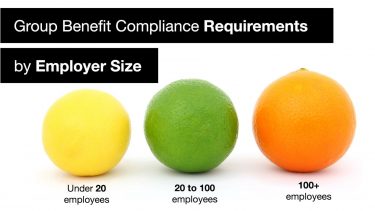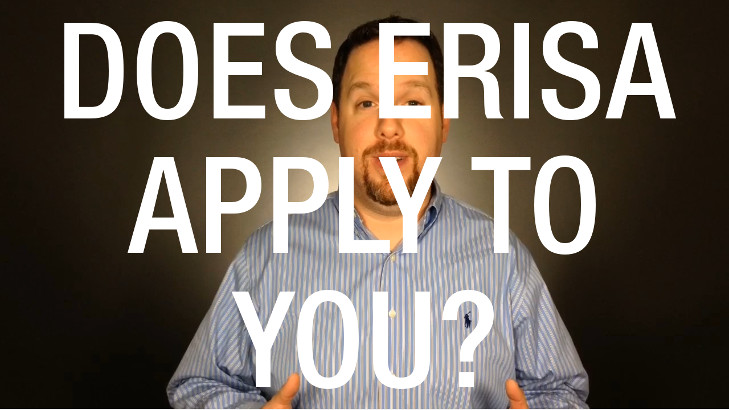Fiduciary Duty
The Costliest Health & Welfare Plan Mistakes
Could you, personally, afford to pay $1,000,000 if you made a mistake with a participant’s life insurance coverage? Or $350,000 for medical expenses after incorrectly telling a participant a procedure was covered by the plan when it really wasn’t?
One of the most important (and often underestimated) legal requirement governing group benefits is the fiduciary duty placed on those who are involved in managing and/or administering the plans.
Fiduciaries can be held personally liable for mistakes and claims if they fail in their fiduciary duty to the benefit plan.
Fiduciary status is based on the functions performed for the plan – not just your title. You are considered a fiduciary if you are involved in any of the following:
It’s especially important to note that most employers have at least one benefit plan where they have fiduciary duty. It is incorrect to assume that if you are fully insured you have no fiduciary duty or responsibilities.
Additionally, professional advisors (including brokers, agents, TPA’s, attorneys, accountants and actuaries) need to be aware of their relationship with the plan. Many advisors now provide additional services for clients that change their role beyond just a professional capacity (e.g., answering participant questions, handling of eligibility & contributions, providing communications, etc.). In doing so, the advisor may be assumed to have taken on a fiduciary role.
Understand your fiduciary duty and responsibility under a group health plan:
These FREE videos give you a detailed roadmap to understand your fiduciary duty. They cover:
Group Benefit Compliance Requirements by Employer Size
Does ERISA Apply to You?
Choosing the Right Compliance Partner
ComplianceBug is the leading provider of online compliance solutions for employers and professional advisors that makes group benefit and HR compliance easy, affordable and reliable.







